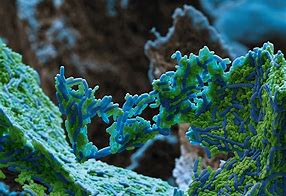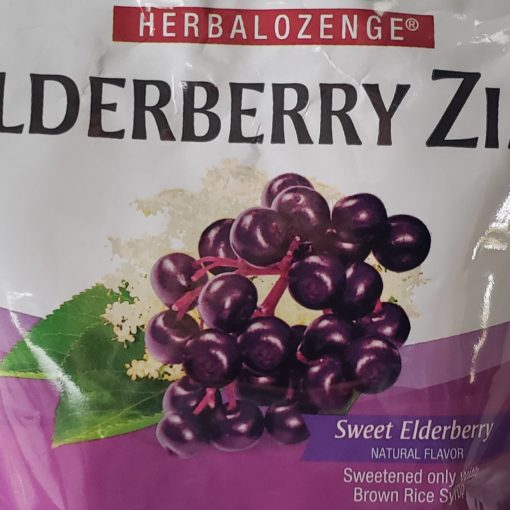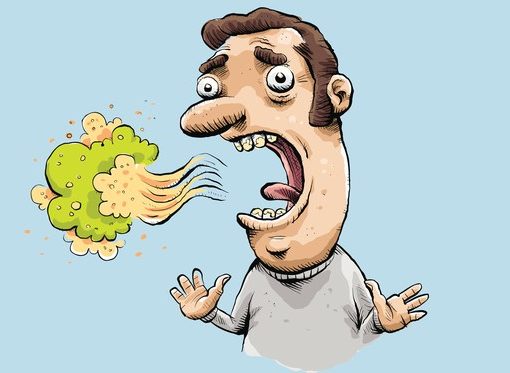DECAY TRANSFER FROM MOM TO INFANT
I had a patient today to motivate me to write this blog. She was a 19-year-old with some stage of decay on every single tooth. She also just had a 3-month-old baby. Tooth decay is a bacterial infection, with the main bacteria being Streptococcus mutans (a group of germs) that can be spread to infants, through saliva. If there is active decay untreated in the adult mouth and you kiss an infant on the mouth, share utensils or food, clean a pacifier in your mouth, using the same toothbrush, or basically anytime saliva is shared, the bacteria in the saliva also is shared.
Babies are not born with bacteria that causes decay; they usually get it from sharing saliva with an adult typically by the age of two. The most infectious time is during infancy especially during the time of primary teeth erupting, that’s when the teeth are most vulnerable. Baby teeth are more vulnerable to decay than permanent teeth, due to the softer and thinner enamel. Once a child’s mouth has become colonized with streptococcus mutans they’re prone to cavities in the primary and permanent teeth.
It’s usually spread from mom to baby, since mom’s usually kiss the baby the most on or around the mouth, but can really be spread from anyone.
Keeping the baby’s mouth clean by wiping the teeth, tongue, and cheeks may help keep the colonies of bacteria from establishing in the mouth. And as the adult it’s another good reason if your around small kids to keep your own mouth clean and healthy. Regularly look into the baby’s mouth for any dark areas, that’s usually a sign of a cavity and a clue to take the child into a pediatric dentist.
Babies are not born with bacteria that causes decay; they usually get it from sharing saliva with an adult typically by the age of two. The most infectious time is during infancy especially during the time of primary teeth erupting, that’s when the teeth are most vulnerable. Baby teeth are more vulnerable to decay than permanent teeth, due to the softer and thinner enamel. Once a child’s mouth has become colonized with streptococcus mutans they’re prone to cavities in the primary and permanent teeth.
It’s usually spread from mom to baby, since mom’s usually kiss the baby the most on or around the mouth, but can really be spread from anyone.
Keeping the baby’s mouth clean by wiping the teeth, tongue, and cheeks may help keep the colonies of bacteria from establishing in the mouth. And as the adult it’s another good reason if your around small kids to keep your own mouth clean and healthy. Regularly look into the baby’s mouth for any dark areas, that’s usually a sign of a cavity and a clue to take the child into a pediatric dentist.
The earlier we can prevent decay on a child the healthier the child will be!





